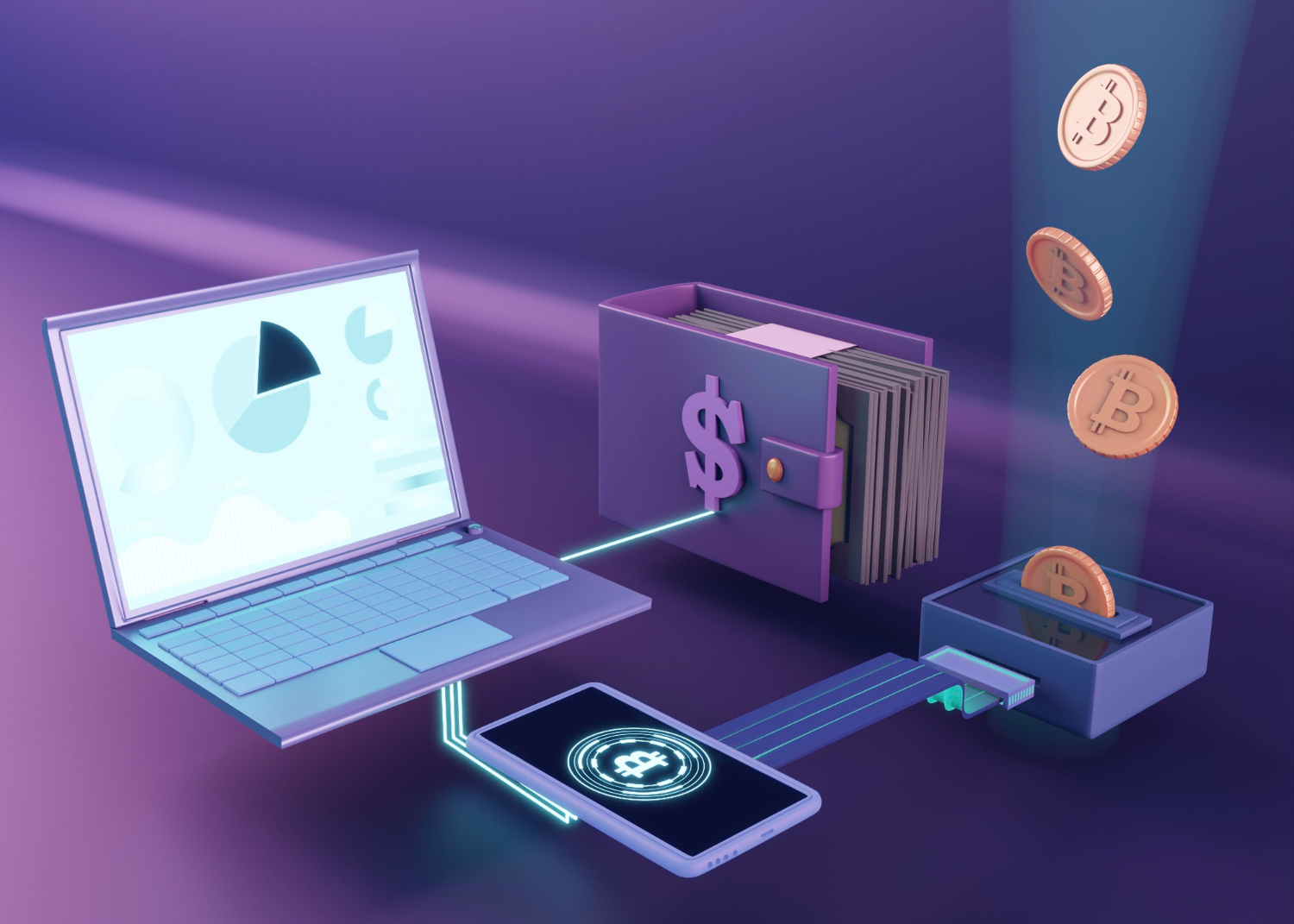Decentralized Finance is a collective term for financial products and services that are accessible to anyone who can use Ethereum. Anyone here in the sense of having an Internet connection.
With DeFi, the marketplace is always open and there is no centralized authority that can block payments or deny anyone access to anything.
Services that were previously slow and risky for human error are automated and more secure now that they are handled by code that anyone can check and research.
There is a booming crypto economy out there, where you can lend, borrow, buy/buy, earn interest, and more.
For example, crypto-savvy Argentines use Decentralized Finance DeFi to avoid crippling inflation.
Many Companies are starting to stream their employees’ salaries in real time. Some people have even taken out and paid off loans worth millions of dollars without the need for personal identification.
Decentralize Finance Vs Traditional Financial Systems

- In DeFi, you are in charge and hold your own money while in the traditional system it is held by the company or bank.
- DeFi allows users to control where their money is spent and how it is spent, whereas traditional systems leave it all in the hands of the company
- Transferring funds with the DeFi system only takes about a few minutes, while the traditional system can take a few days.
- Transaction activities are carried out under a pseudonym (Anonymous). While traditional, financial activity is very closely related to your identity.
- DeFi is open to anyone. Traditional systems have to apply to use the financial services they offer.
- DeFi is a financial market that is always open. While the traditional system follows the working days of the company’s employees providing it.
How Does DeFi Work?
Decentralized Finance or Defi cryptocurrency and contract use smart ( Smart Contract) to provide services that do not require an intermediary.
In today’s financial world, financial institutions act as guarantors of transactions. This gives these institutions enormous power as your money flows through them.
In DeFi, the role of smart contracts replaces financial institutions in transactions. A smart contract is a type of Ethereum account that can hold funds and can send and return funds based on certain conditions.
No one can change the smart contract itself while it is active and the contract will always run as programmed.
For example to send money from Account A to Account B every Friday. And it will only ever be done or executed as long as Account A has the required funds.
No one can change the contract and add Account C as a beneficiary to steal funds. Contracts are also public for anyone to review and audit. This means bad contracts will often get the public spotlight pretty quickly.

